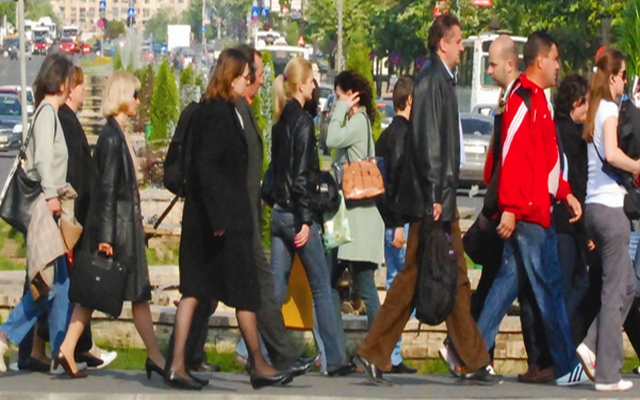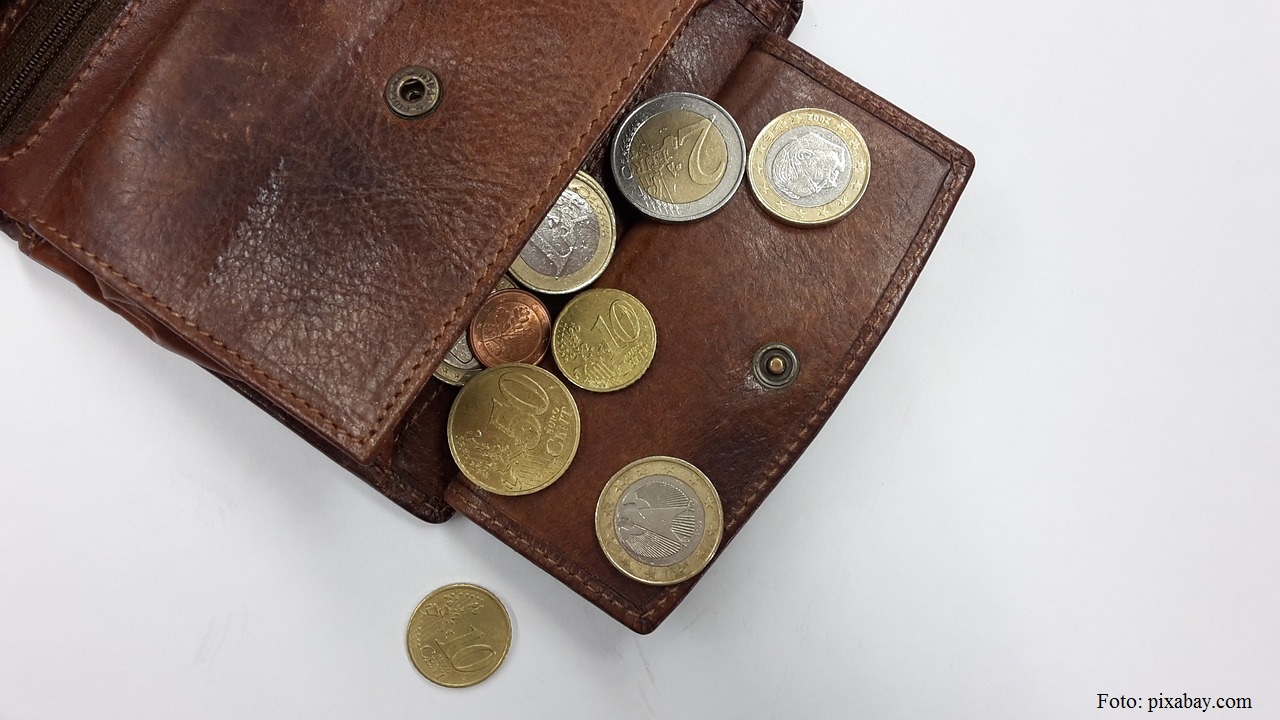Supporting the labour market insertion of young people
Unemployment is one of the worst outcomes of the economic, hitting Europes youth particularly hard.

Christine Leșcu, 15.04.2015, 15:07
Some 20% of Europe’s young people are now jobless. The situation is even more dramatic for those commonly known as NEET, standing for “Not in Education, Employment or Training”, especially people aged between 16 and 24. They are the main beneficiaries of the Youth Guarantee, an initiative aimed at combating youth unemployment.
With this initiative, EU institutions want to make sure that young people under 25 can find a good-quality job suited to their education, skills and experience, within 4 months of leaving formal education and becoming unemployed. Funded by Member State governments, the Youth Guarantee scheme was also earmarked 6 billion euros from the Commission, via the European Social Fund and the Youth Employment Initiative. The decision reflects the EU’s concern for solving youth unemployment, says Madalina Mihalache, the head of the European Parliament’s Representative Office in Bucharest:
“The International Labour Organisation estimates implementation costs for the Eurozone to stand at 21 billion euros per year. It may seem a lot, but these numbers must be compared with the costs of unemployment benefits and the lack of activity of the jobless youth. Given that 7.5 million young people are unemployed in Europe at present, and are not engaged in any sort of education or training, the European Foundation for the Improvement of Living and Working Conditions (EUROFOUND) has estimated that economic loss to society for not integrating NEETs is estimated at 150 billion euros per year”.
With the funding already in place, Member States must now come up with national strategies to implement the project and spend the funds. What is certain is that the Youth Guarantee scheme brings together employers, tutors, the authorities and the unemployed with a view to finding the best possible solutions.
How does Romania fare in terms of youth unemployment? Although the country’s overall unemployment rate is below the EU average, youth unemployment stands at 23%, which is 3% higher than the European average. Mihai Dragos is the chairman of the Romanian Youth Council. He gave us more details about a beacon project aimed at implementing the Youth Guarantee in Romania:
“The implementation plan was adopted in 2013 and refers to the 2014-2015 period. Now is the time to see what has been done so far and what we still need to implement, as well as the extent to which youth NGOs were involved in the implementation of the plan. The Youth Guarantee implementation plan has three pillars: the law on unemployment and employment boosting, the law on apprenticeship and the law on internships for holders of higher-education diplomas. Official data reveal that in 2014 alone over 150,000 young people benefited from pro-active measures, particularly in terms of unemployment benefits and employment-boosting measures. As regards the other two pillars, for now the measures seem to be ineffective. As regards the law on apprenticeship, there were 141 beneficiaries in 2014, a small number if we compare it to Romania’s overall population”.
Some Romanian MEPs are extremely vocal with respect to the way Romania has implemented to Youth Guarantee so far. Here is Siegfried Muresan, an MEP with the European People’s Party, and the vice-president of the Committee on Budgets:
“The European Union earmarks substantial funds for slashing youth unemployment. It allotted 6 billion euros for the 2014-2015 period alone. Of this sum, hundreds of millions are destined to young people in Romania. All we need to do is implement projects by means of which the money should reach young Romanians. How much have they received so far? Zero. The money has been made available to the Romanian Government since January 2014, and by March 2015 we have absorbed no funds whatsoever, because the Government has implemented no viable projects”.
As the beacon project for the implementation of the Youth Guarantee ended in March, the Government of Romania has launched a new plan to implement this scheme for the coming period. The launch of the programme took place in Bucharest and was attended by European Commission vice-president and EU Commissioner for the Euro and Social Dialogue Valdis Dumbrovskis. Labour Minister Rovana Plumb says “the Commission has earmarked 470 million Euros to Romania in the 2015-2018 period. Rovana Plumb:
“All employers who hire young people from the target category will receive a subsidy of 200 euros and another 113 euros for every young person hired for a full year. Employers need to make sure these people keep their job for at least 18 months, before they benefit from a slash in social security contributions for a period of 24 months”.
The programme for the implementation of the Youth Guarantee in Romania will comprise three phases: counselling, registration and employment. The programme provides financial support and professional guidance for each of its three phases. The support consists in the financing of the costs of apprenticeships and internships, mobility and hiring bonuses, grants to employers and the financing of start-up companies. In the case of apprenticeships, employers will receive 250 euros worth of subsidies and another 65 euros for a period of 1 to 3 years, while for specialised internships employers will receive 300 euros per month and an additional 165 euros.






























